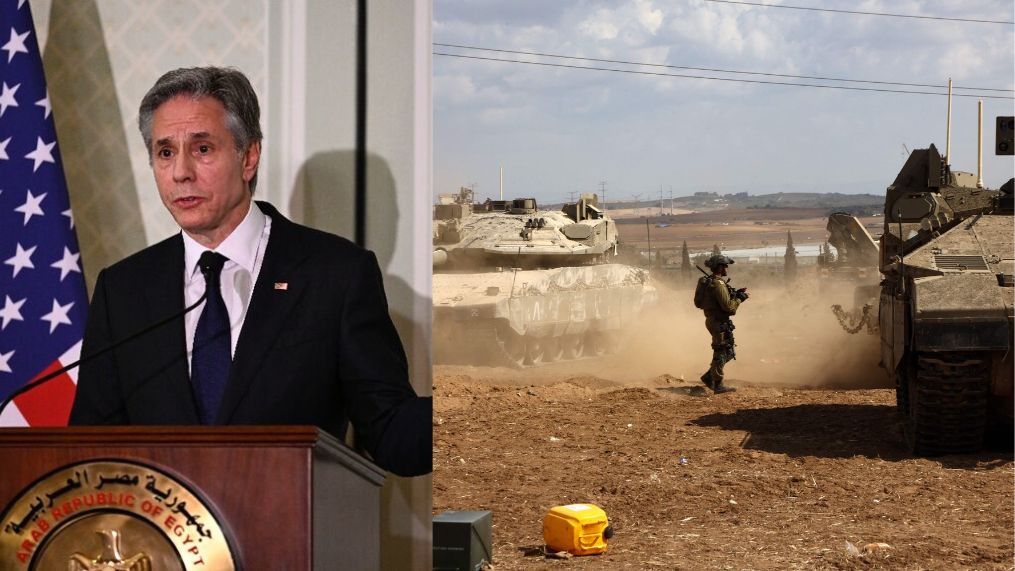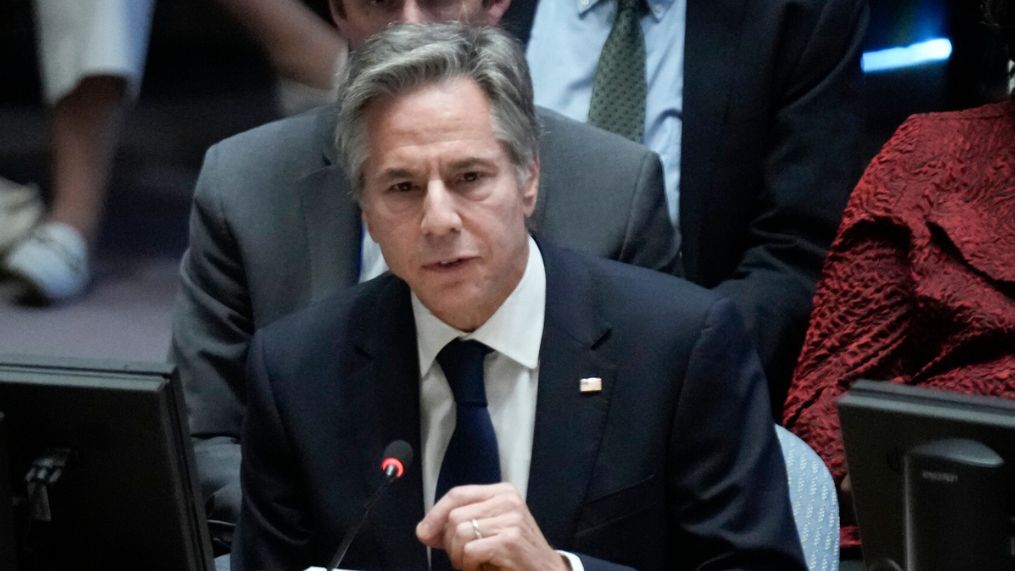U.S. Secretary of State Antony Blinken expressed apprehension regarding Israel’s intended military action in Rafah, citing the absence of a credible plan to safeguard the 1.4 million Palestinian civilians in the area.
He warned that an assault could potentially lead to an insurgency by Hamas fighters, exacerbating the conflict. This concern highlights the deepening tensions between Israel and its main ally, the United States.
National Security Adviser Jake Sullivan conveyed President Joe Biden‘s longstanding concerns to Israeli counterpart Tzachi Hanegbi during a call, emphasizing the need to explore alternative strategies to address Hamas’s presence without causing harm to civilians.
Blinken’s remarks come amidst a pause in the shipment of bombs to Israel, prompted by fears of significant civilian casualties in Rafah. A State Department report raised questions about Israel’s use of U.S.-supplied arms, suggesting possible violations of international law.
The report found no specific breaches that warranted withholding military aid, attributing the challenges to the chaotic conditions of war.

Blinken defended the report, asserting the complexity of distinguishing between military targets and civilian infrastructure in the midst of conflict.
While Blinken’s stance was supported by Democratic Senator Bernie Sanders, who criticized Israel’s actions, Republican Senator Lindsey Graham condemned the decision to delay bomb shipments, advocating for stronger support for Israel.
Blinken emphasized the necessity for Israel to devise a clear and credible plan to protect civilians in Rafah before proceeding with military operations.
He underscored the importance of collaborating with Arab governments and other stakeholders to address security, governance, and reconstruction in Gaza post-conflict.
As the situation unfolds, the U.S. remains committed to facilitating dialogue and seeking sustainable solutions to de-escalate tensions and prevent further loss of life in the region.





